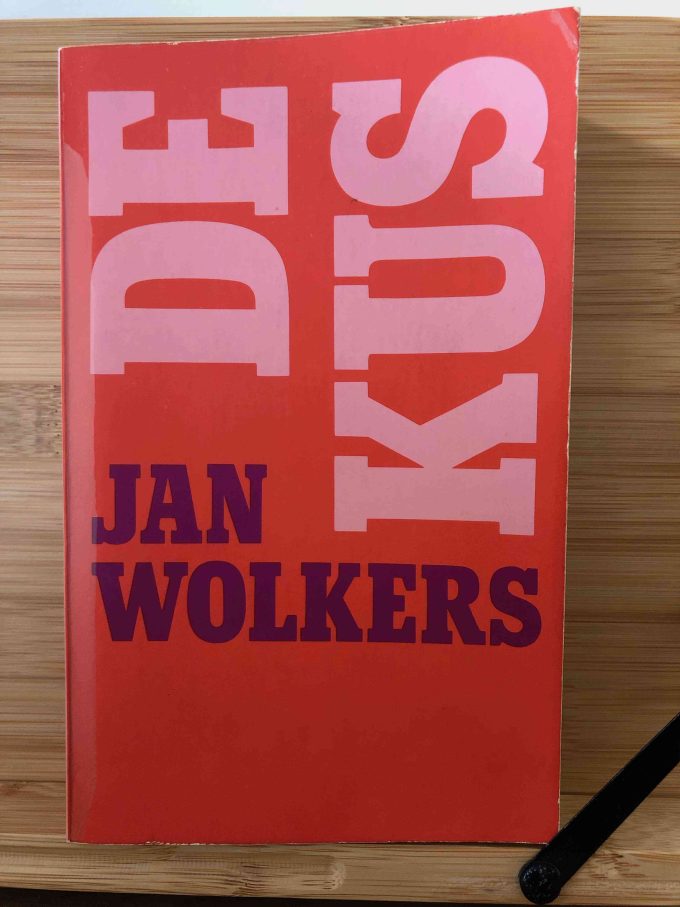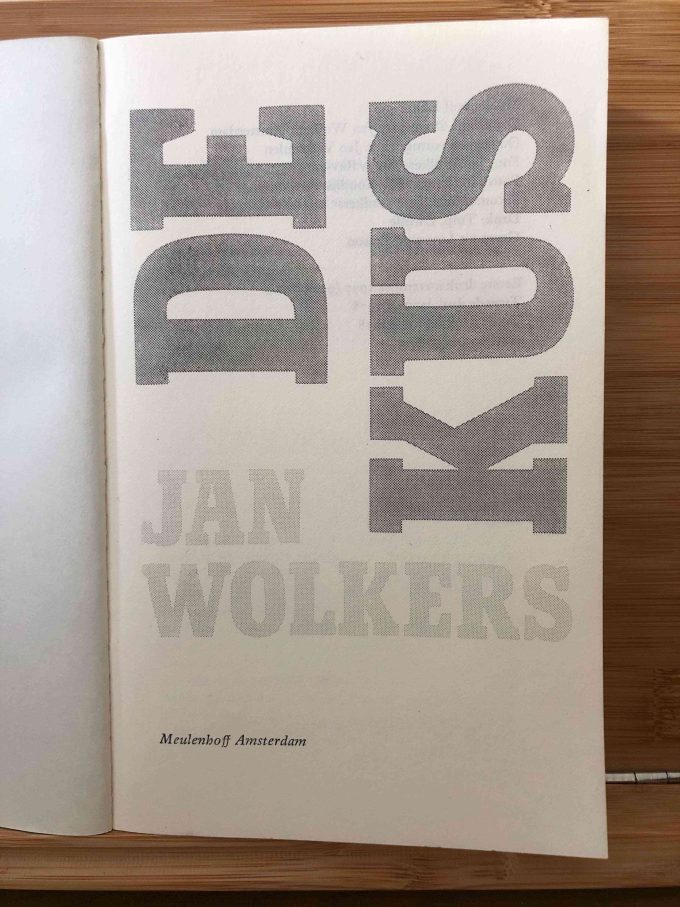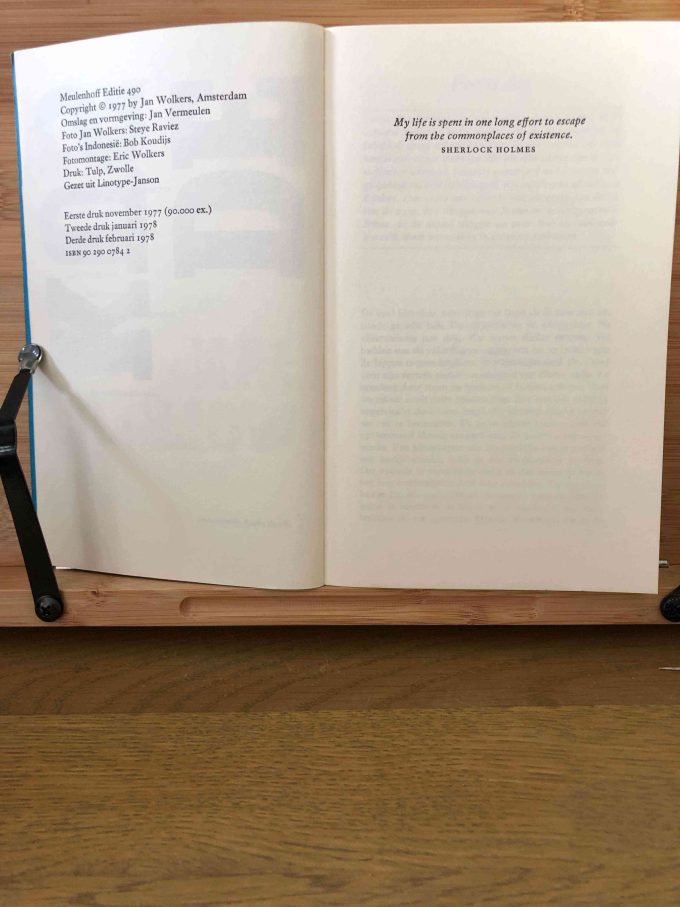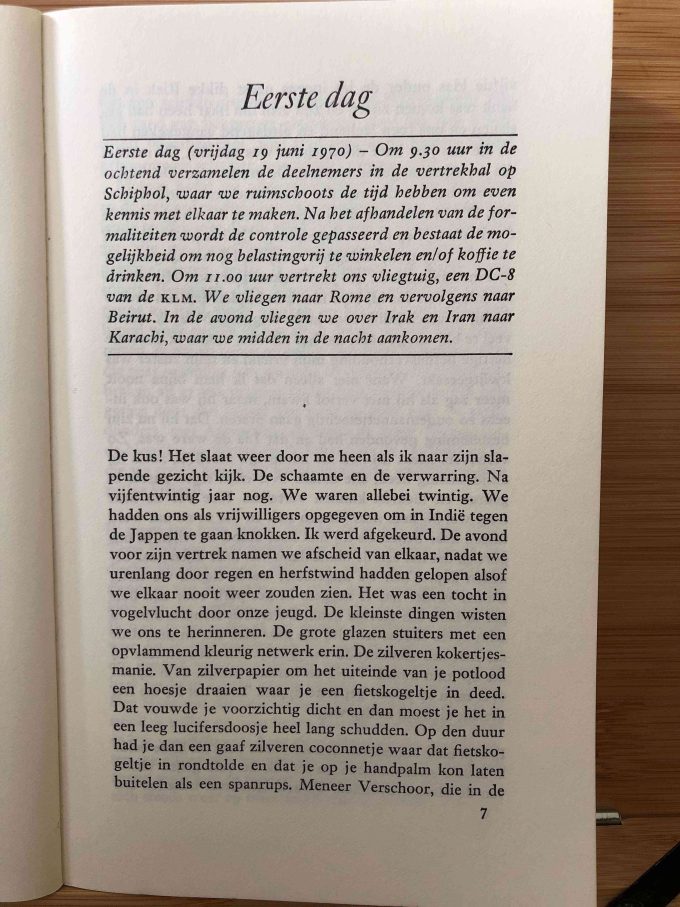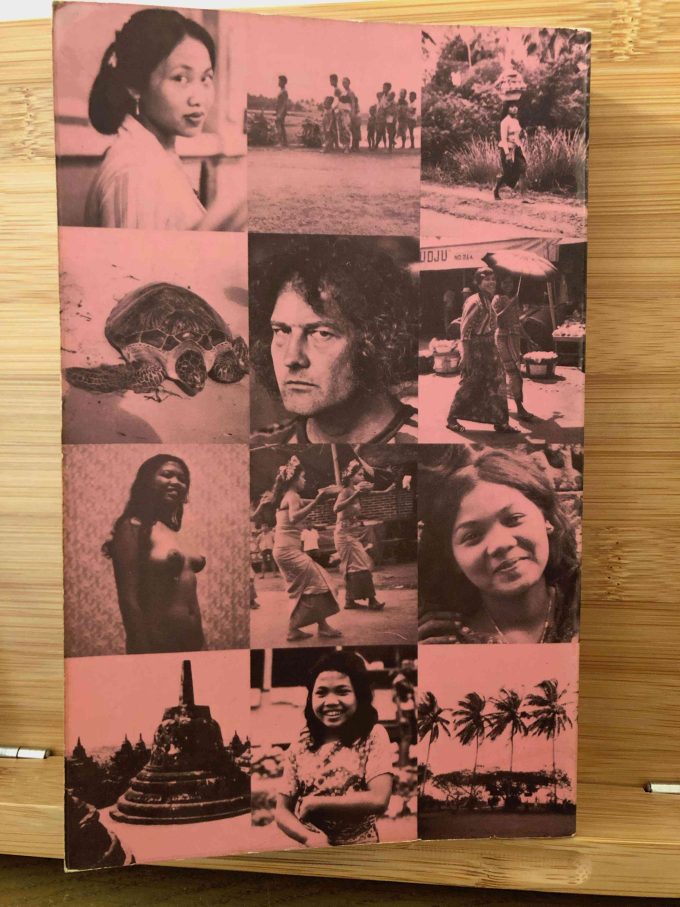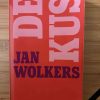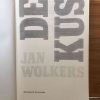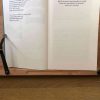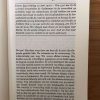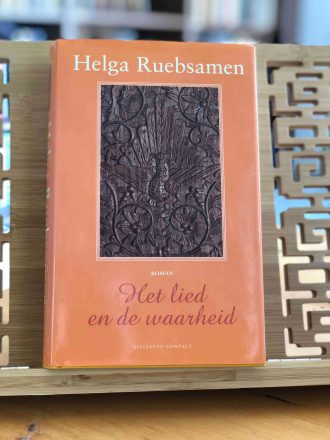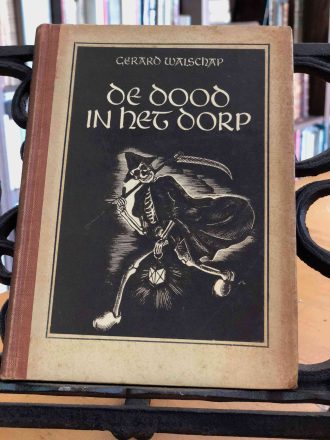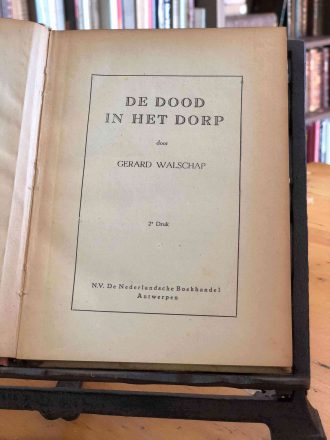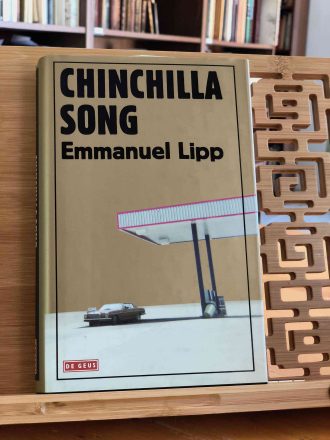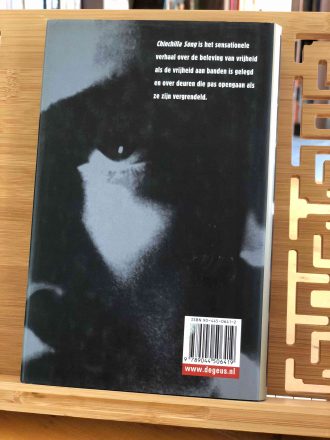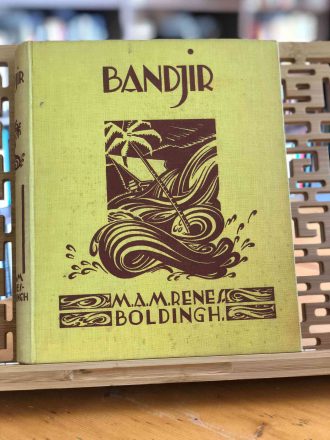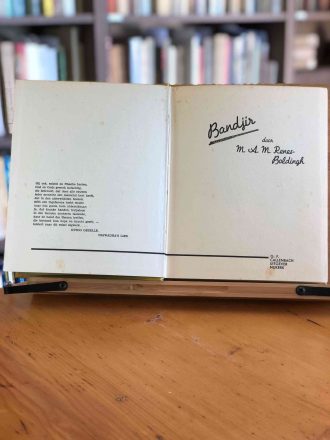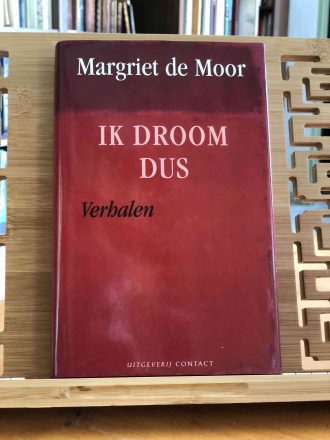Nederlands:
De kus, geschreven door Jan Wolkers en uitgegeven in 1978, is een levendig en beeldend verslag van een reis door Indonesië. De hoofdpersonen, twee vrienden, zijn lid van een reisgezelschap dat het land verkent. De vriend van de hoofdpersoon heeft in het verleden gevochten in Indonesië, wat zijn perceptie van de reis diepgaand beïnvloedt. De roman is gestructureerd volgens het dagschema van de reis, wat een ritmisch verloop aan het verhaal geeft.
Het centrale thema in het boek is de complexe relatie tussen de hoofdpersoon en zijn vriend. Wolkers beschrijft deze relatie met een scherpe, soms poëtische precisie, waardoor de onderliggende spanningen en diepe verbondenheid voelbaar worden. Hun interacties onthullen een gelaagde dynamiek waarin oude wonden en nostalgie naar voren komen.
Terwijl de groep door verschillende delen van Indonesië reist, worden levendige beschrijvingen gegeven van de landschappen, de lokale cultuur en de mensen die ze ontmoeten. Wolkers’ schrijfstijl stelt de lezer in staat de schoonheid en de harde realiteit van het land door de ogen van de reizigers te ervaren. Er is een constante wisselwerking tussen verleden en heden, waar persoonlijke herinneringen en collectieve geschiedenis met elkaar vervlochten raken. De reis fungeert niet alleen als een fysieke maar ook als een emotionele en psychologische tocht, waarin de hoofdpersonen geconfronteerd worden met hun eigen demonen en verlangens. Het boek, doordrenkt van melancholie en reflectie, nodigt uit tot nadenken over de menselijke conditie, vriendschap en de onontkoombare invloed van het verleden.
Jan Wolkers verweeft op meesterlijke wijze beschrijvingen van het Indonesische landschap met de innerlijke landschappen van zijn personages. Dit maakt De kus niet alleen een reisverhaal maar ook een diepgaande verkenning van menselijke relaties en zelfreflectie. Het boek eindigt met een gevoel van onafwendbare verandering, waarin de personages, ondanks de schoonheid en de ervaringen van hun reis, zich bewust worden van de onherroepelijke invloed van het verleden op hun heden en toekomst.
English:
De kus, written by Jan Wolkers and published in 1978, is a vivid and evocative narrative about a journey through Indonesia. The story follows two friends, members of a travel group, as they explore the country. One of the protagonists had previously fought in Indonesia, and this past deeply influences his perception of the journey. The novel is structured around the daily schedule of the trip, providing a rhythmic flow to the narrative.
The central theme of the book is the complex relationship between the protagonist and his friend. Wolkers describes this relationship with sharp, sometimes poetic precision, making the underlying tensions and deep connections palpable. Their interactions reveal a layered dynamic where old wounds and nostalgia come to the forefront.
As the group travels through various parts of Indonesia, vibrant descriptions are provided of the landscapes, local culture, and people they encounter. Wolkers’ writing style allows the reader to experience the beauty and harsh realities of the country through the travelers’ eyes. There is a constant interplay between past and present, where personal memories and collective history intertwine. The journey serves not only as a physical but also as an emotional and psychological voyage, confronting the protagonists with their own demons and desires. The book, imbued with melancholy and reflection, invites contemplation on the human condition, friendship, and the inescapable influence of the past.
Jan Wolkers masterfully interweaves descriptions of the Indonesian landscape with the inner landscapes of his characters. This makes De kus not just a travel story but also a profound exploration of human relationships and self-reflection. The book concludes with a sense of inevitable change, where the characters, despite the beauty and experiences of their journey, become aware of the irrevocable influence of the past on their present and future.
